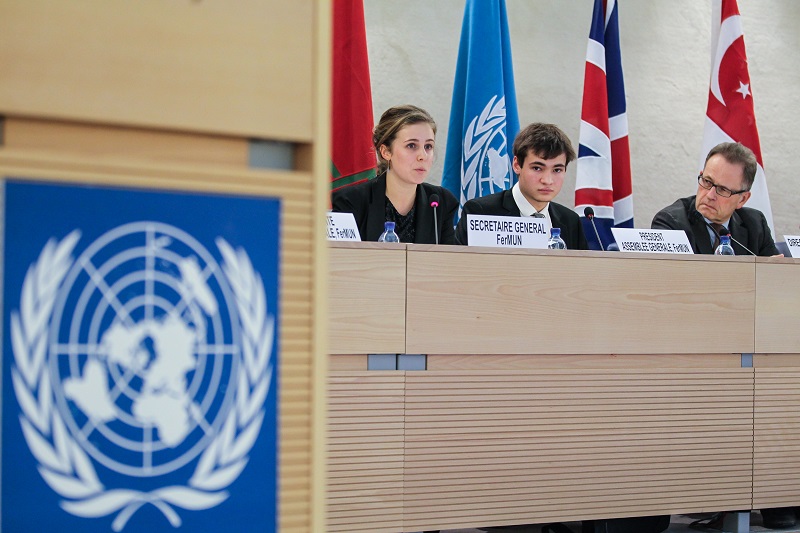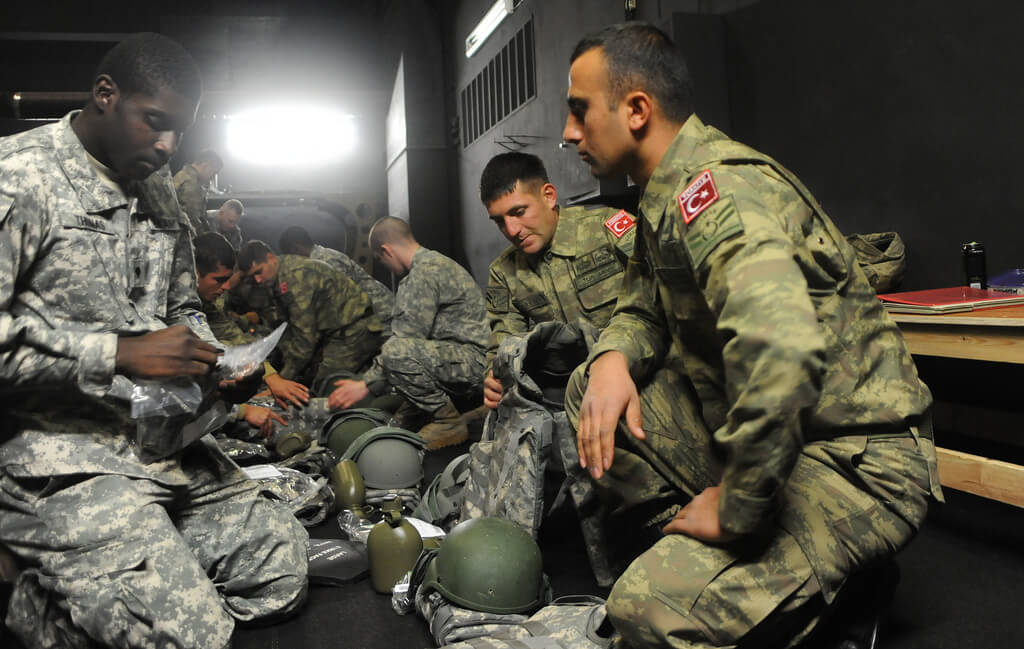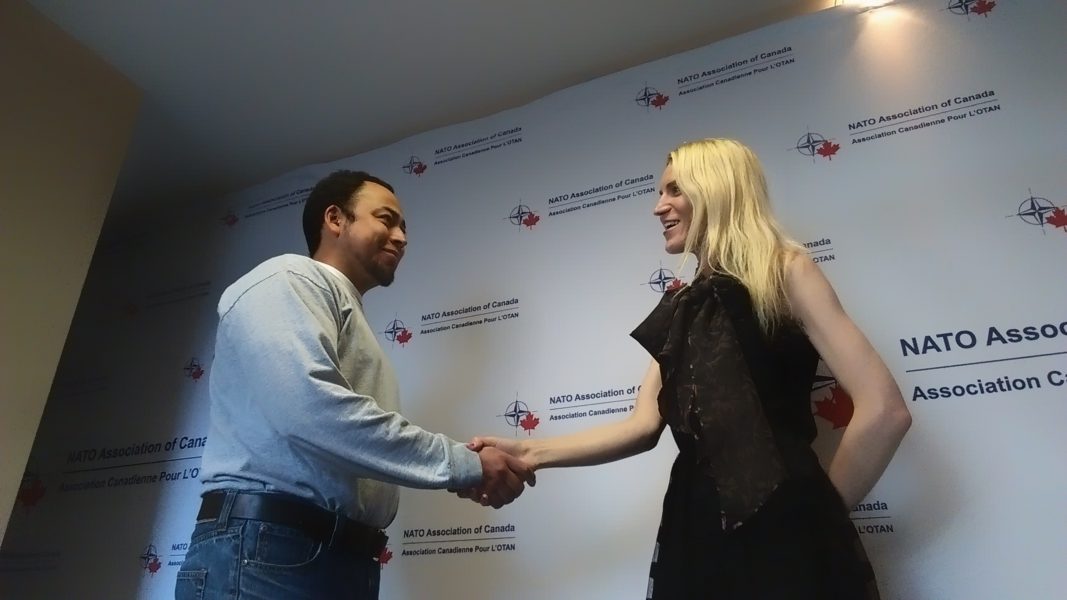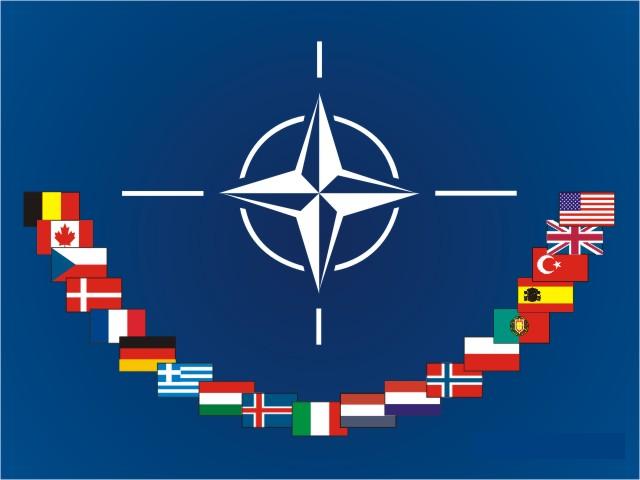This is the final installment of an ongoing series on creating a DIY IR “degree” through free Massive Open Online Courses (MOOCs) and academic resources. Previous segments dealt with foundational concepts in IR, regional concentrations, and thematic concentrations. This final part will conclude with suggestions for language learning and senior courses on diplomacy to pull the learning experience together.
Leaning New Languages
An important component of any IR degree worth its salt is a language requirement; IR students should know at least one other language besides English, preferably in the lingua franca of their regional interests. There is no shortage of ways for autodidacts to learn a second language through online resources. One can learn both Taiwanese and Beijing dialects of Mandarin on edX, Spanish (starts September 12) on Futurelearn, and even Korean on Coursera (starts September 19). All of these MOOC platforms host more courses on even more languages.
For a more “official” language learning experience, one can turn to courses developed by the US State Department and Department of Defense. They are in the public domain, and are freely available online, covering not only major international languages but also more obscure tongues like Kirundi.
Other language learners use emerging apps like Duolingo or Memrise, which turn to language games to build vocabulary and grammar.
Learners could take advantage of the internationalized nature of MOOCs. Many English language courses have non-English captions, which learners can use to practice reading and translation. More and more non-English courses are offered on English platforms, and non-English countries are launching their own national platforms with content geared towards their own population. Notable non-English platforms include XuetangX (Mandarin), Lektorium (Russian), EdRaak (Arabic), and MOOC INTEF (Spanish). For a small sampling of non-English MOOC platforms, one can see this list of MOOC sites that uses edX’s platform. Perhaps taking these courses can help immerse language learners in their language of study, while learning new academic content. The possibilities are endless.
As helpful as all of these online courses are for learning the basic grammar and vocabulary of new languages, they are no substitute for the most effective way to solidify language skills: practicing with native or fluent speakers!
“Senior Year” Capstone Courses
After exploring different regions or thematic concentrations, learners will arrive in their “senior year” of this DIY degree, a time for seminars on specialized topics and bringing together everything they have learned in undergrad in capstone projects guided by experts. While students are highly encouraged to apply their learning in a senior project, this guide will suggest courses to enhance learners’ insights into practical diplomatic work.
Global Diplomacy – Diplomacy in the Modern World (starts October 17) is a short and handy introduction to the world of diplomacy. It features interviews with expert academics on what diplomacy is, what is considered good and successful diplomacy, and what is not. But diplomacy is more than just paperwork; diplomacy also involves much political theatre and formal protocols. The Geopolitics of Hospitality (start date TBA) reminds us of the importance of food in diplomacy, not only as a means of extending soft power, but also as a way to build bridges between state diplomats during banqueting functions.
Central Challenges of American National Security, Strategy, and the Press (start date TBA) serves as the master class bridging knowledge of international affairs and diplomatic handiwork. Taught by noted Harvard professor Graham Allison and Pulitzer-winning New York Times reporter David Sanger, this course examines headline events like Iranian nuclear development and national security whistleblowers from the dual perspective of policymakers and journalists. Learners are challenged to practice their diplomacy skills by writing policy memos on case study simulations.
Conclusion
With this discussion of languages and advanced courses, we conclude our four part experiment with creating a free and open curriculum for learning IR online. This series’ concentrations and curriculum are suggestions only, so readers are encouraged to curate their own approaches to a personalized curriculum.
Despite common criticism about their low completion rates, MOOCs are a fundamentally different learning experience from real courses: the onus is completely on learners to make of the course what they want. Learning approaches can be tailored by and for individual learners’ needs, from just auditing a few individual units to completing the whole course. But to maximize learning the course’s content, it is recommended to treat these courses as seriously as if they were for-credit courses.
How do you show off what you have learned? Although MOOCs are not replacements for for-credit courses, feel free to put completed courses on resumes to demonstrate subject expertise, new skills, and enthusiasm for IR by going the extra mile to learn on an extramural basis.
Through this guide, you have started on an educational journey to find out more about IR as a field and career path, or to boost your knowledge of IR concepts and research. There is always more to learn, for the world of MOOCs is extremely dynamic. Perhaps by the time you read this there will be new, even more pertinent courses related to IR. Perhaps this series has introduced new resources for learning topics other than IR. Once you are interested in MOOCs, the sky’s the limit for what you can learn.
Good luck with your own DIY IR degree!
“140108_FerMUN_17” (2014), by Pierre Albouy via Flickr. Licensed under CC BY-NC-ND 2.0.
Disclaimer: Any views or opinions expressed in articles are solely those of the authors and do not necessarily represent the views of the NATO Association of Canada.




